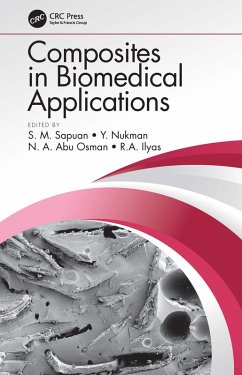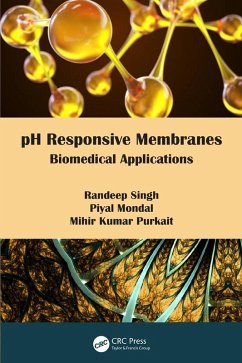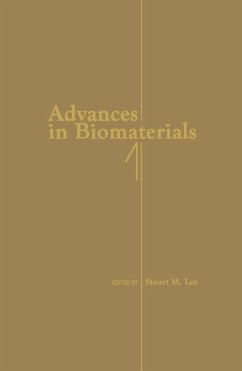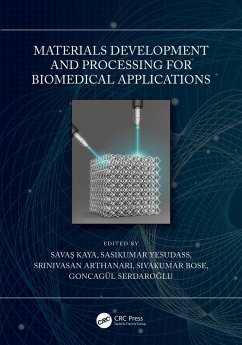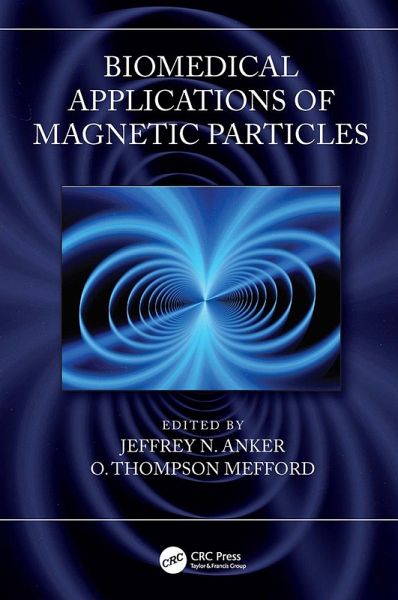
Biomedical Applications of Magnetic Particles (eBook, PDF)
Versandkostenfrei!
Sofort per Download lieferbar
79,95 €
inkl. MwSt.
Weitere Ausgaben:

PAYBACK Punkte
40 °P sammeln!
Biomedical Applications of Magnetic Particles discusses fundamental magnetic nanoparticle physics and chemistry and explores important biomedical applications and future challenges.The first section presents the fundamentals of the field by explaining the theory of magnetism, describing techniques to synthesize magnetic particles, detailing methods to characterize magnetic particles, and quantitatively describing the applied magnetic forces, torques, and the resultant particle motions. The second section describes the wide range of biomedical applications, including chemical sensors, cellular ...
Biomedical Applications of Magnetic Particles discusses fundamental magnetic nanoparticle physics and chemistry and explores important biomedical applications and future challenges.
The first section presents the fundamentals of the field by explaining the theory of magnetism, describing techniques to synthesize magnetic particles, detailing methods to characterize magnetic particles, and quantitatively describing the applied magnetic forces, torques, and the resultant particle motions. The second section describes the wide range of biomedical applications, including chemical sensors, cellular actuators, drug delivery, magnetic hyperthermia, magnetic resonance imaging contrast enhancement, and toxicity.
Additional key features include:
Written by a team of internationally respected experts, this book provides an up-to-date authoritative reference for scientists and engineers.
The first section presents the fundamentals of the field by explaining the theory of magnetism, describing techniques to synthesize magnetic particles, detailing methods to characterize magnetic particles, and quantitatively describing the applied magnetic forces, torques, and the resultant particle motions. The second section describes the wide range of biomedical applications, including chemical sensors, cellular actuators, drug delivery, magnetic hyperthermia, magnetic resonance imaging contrast enhancement, and toxicity.
Additional key features include:
- Covers both introduction to physics and characterization of magnetic nanoparticles and the state of the art in biomedical applications
- Authoritative reference for scientists and engineers for all new or old to the field
- Describes how the size of magnetic nanoparticles affects their magnetic properties, colloidal properties, and biological properties.
Written by a team of internationally respected experts, this book provides an up-to-date authoritative reference for scientists and engineers.
Dieser Download kann aus rechtlichen Gründen nur mit Rechnungsadresse in A, B, BG, CY, CZ, D, DK, EW, E, FIN, F, GR, HR, H, IRL, I, LT, L, LR, M, NL, PL, P, R, S, SLO, SK ausgeliefert werden.





